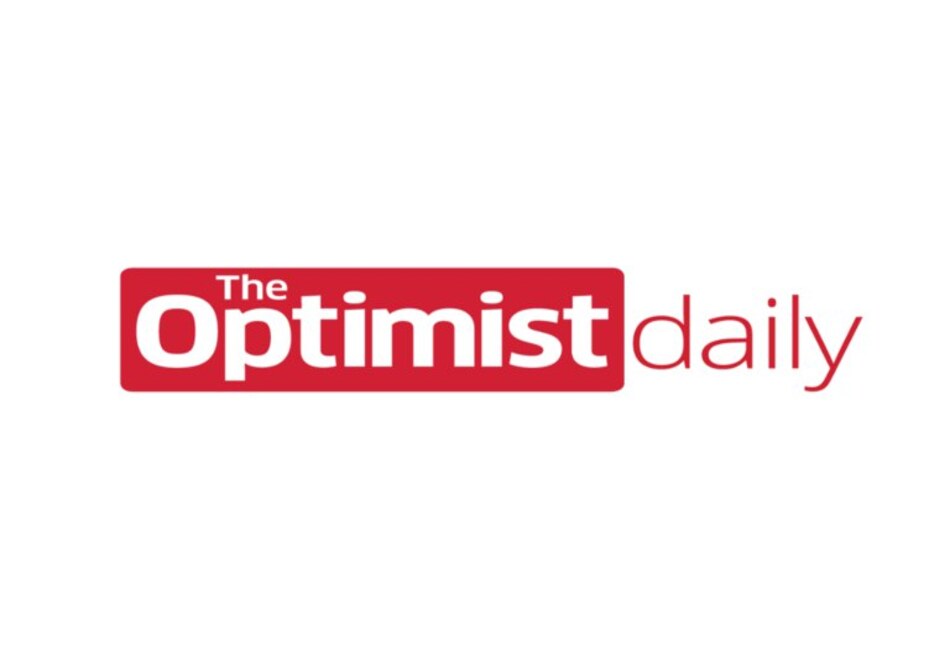According to the United Nations Children’s Fund UNICEF, six million children (approximately one in four) were not attending school in 2018. To address this, the following year, the Democratic Republic of Congo became one of the last countries in the world to finally introduce free primary education.
The new education scheme costs more than a third of the country’s $6.8 billion budget, and, according to the education ministry, has permitted four million children to go to school tuition-free.
For many children in towns like Kipushi, this change spares them the long shifts and strenuous manual labor that comes with working in copper, zinc, or cobalt mines, the dominant employers in the region.
Since free primary education has been implemented, enrollment at the school in Kipushi has risen to 1,400 students—that’s an impressive 75 percent increase. However, there are still many hurdles that prevent more children from leaving the mines and entering the classroom—one of the biggest being poverty.
After the decline of Gecamines, a state-owned mining firm that used to provide free schooling to its staff until mismanagement resulted in a sell-off in the 1990s, many families had to choose between food and education.
Another issue is the shortage of school supplies and materials. “Thousands of children still [work at] the mine sites due to a lack of school kits, according to parents,” says Philippe Nyange, head of child protection at the Association of Women for Community Development (AFEMDCO) in Kipushi.
AFEMDCO, with help from UNICEF, was able to provide 270 child laborers with school kits that include school bags, notebooks, pens, and uniforms. The charity hopes to issue another 230 kits later this year.
While free primary education is a step in the right direction, “free schooling should not be limited to the non-payment of school fees, especially at this time of economic crisis related to Covid-19,” says Roger-Claude Liwanga of Emory University in the US, an expert in the exploitation of children in Congo’s artisanal mines.
However, the Congolese government cannot expand its financial support to schools, so the effort will continue to be propelled by donor funding.










